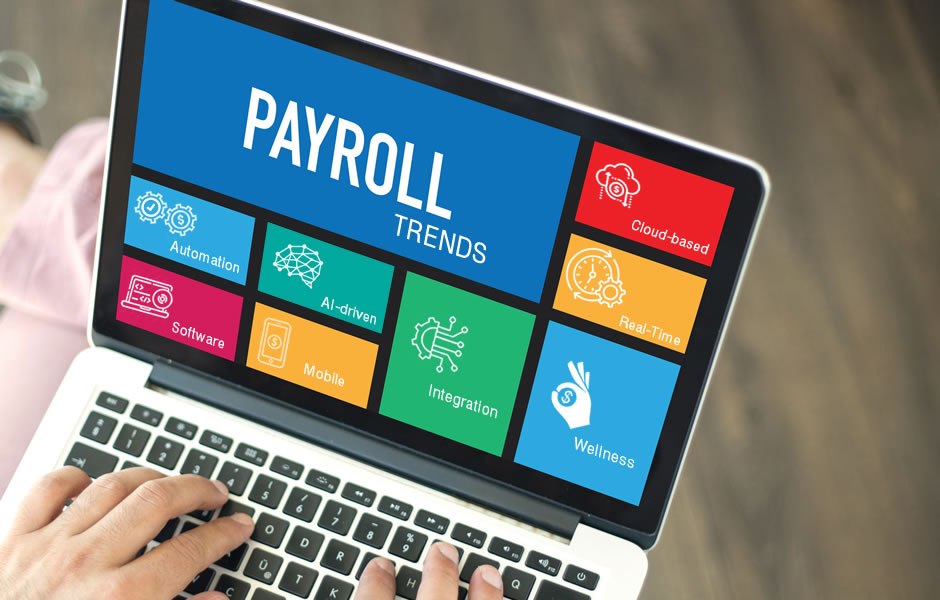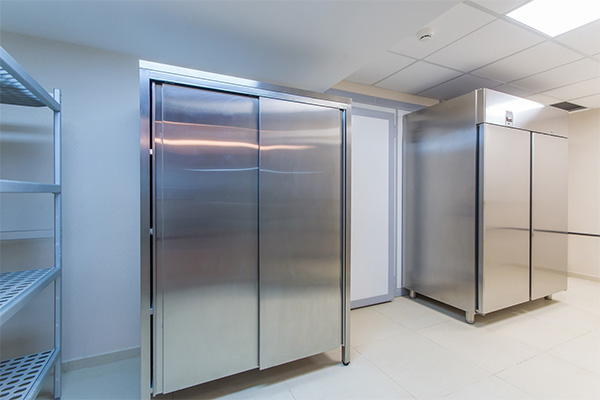
Payroll Processing
Introduction to Payroll Automation
In today’s fast-paced business environment, automating payroll processes has become essential for many companies. With a reliable payroll processor, businesses can efficiently manage employee payments, tax filings, and other related tasks. Payroll automation involves using software and technology to streamline these processes, significantly reducing the manual effort required and increasing accuracy.
Automation solutions are an excellent resource for companies of all sizes since they can handle many elements of payroll administration. By automating payroll, companies can ensure employees are paid accurately and on time without the complications and errors often associated with manual processing. Automation may also relieve the burden of staying current with rules and regulations by assisting firms in adhering to the constantly evolving tax laws and regulations. Moreover, automated payroll systems can provide detailed reporting and analytics, giving businesses valuable insights into their payroll expenditures and helping them make informed financial decisions.
Benefits of Automating Payroll
There are numerous advantages to automating payroll. A key benefit is the substantial reduction in errors, which can save companies time and money. Automated systems can easily manage complex calculations and compliance requirements, ensuring that payroll is accurate and legally compliant. Human errors, such as miscalculations or misentering data, are virtually eliminated with automation. This precision reduces costly mistakes that can result in employee dissatisfaction or even legal issues.
Furthermore, automation frees HR staff members’ time for more strategic tasks by lessening their administrative workload. For instance, they can spend more time on employee engagement initiatives, recruitment, and training, thereby adding more value to the organization. Companies that have adopted payroll automation often report improved employee satisfaction and morale, as timely and accurate payment processes instill trust and reliability. Employees feel more confident in their employer’s ability to manage payroll, reducing potential anxiety about payroll discrepancies. Additionally, automated solutions can provide employees with self-service alternatives to update their information without HR interaction and view their pay stubs and tax paperwork.
Choosing the Right Payroll Software
Selecting the right payroll software is crucial. Various tools are available, each offering different features and capabilities. When making a decision, businesses should consider their budget and unique demands. For instance, small businesses prefer more affordable and straightforward options, while larger enterprises may require more robust solutions. Understanding the business’s unique requirements, such as the need for multi-state tax management or specific industry regulations, is essential in choosing the right software.
Exploring expert reviews and comparisons on platforms like Business News Daily can help companies make informed decisions. Understanding the practical application of each system through user feedback and case studies can provide additional insight. Examining the software’s compatibility with other corporate systems, such as accounting or HRMS, is crucial. This integration may make processes even more efficient, saving time and lowering the possibility of mistakes. Additionally, considering the software vendor’s customer support and training options can ensure a smoother transition and ongoing assistance as needed.
Integrating Payroll with Other Systems
Working with other corporate systems to integrate payroll software may significantly improve operational efficiency. For example, linking payroll with human resource management systems (HRMS) or accounting software can streamline processes and improve data accuracy. By ensuring that payroll data is updated in real-time, this seamless connectivity lowers the possibility of inconsistencies and eliminates the need for human data entry.
Integration ensures smooth information flow between systems, lowering the chance of mistakes and eliminating the need for human data entry. Additionally, integrated systems can provide valuable insights by consolidating data from multiple sources, enabling more strategic decision-making. For example, tying payroll data into financial forecasting tools can help companies better predict labor costs and make more informed budgetary decisions. Additionally, integration can facilitate better compliance management, as automatic syncing ensures that all systems reflect the latest tax laws and regulations.
Ensuring Compliance with Regulations
An essential component of processing payroll is payroll compliance. Companies must adhere to various local, state, and federal regulations regarding employee compensation, tax filings, and reporting. Payroll software can help ensure compliance by keeping up-to-date with the latest legal requirements. Compliance features in payroll software can handle complex tax scenarios, wage and hour laws, and other regulatory requirements with minimal human intervention.
Staying compliant not only avoids legal penalties but also builds trust with employees. Reliable payroll software often includes automatic updates to accommodate new laws and regulations, making it easier for businesses to remain compliant. By staying on top of compliance issues, companies can avoid costly fines and legal complications arising from non-compliance. Additionally, using authoritative resources like Forbes to stay informed about changes in payroll legislation can further ensure adherence to legal standards. Compliance also demonstrates a company’s commitment to fairness and ethical practices, which can enhance its reputation and employee relations.
Maintaining Your Payroll Systems Over Time
Once a payroll system is in place, regular maintenance and updates are vital to ensure its continued effectiveness. This includes software updates, database maintenance, and periodic system performance reviews. Regular system evaluations can help find and fix any potential issues before they get out of hand. Ensuring the system is up-to-date with technological advancements can improve efficiency and functionality.
Monitoring the system regularly can help identify issues before they become significant problems. Keeping the software updated enhances functionality and helps protect against cybersecurity threats. As cyber threats evolve, businesses must ensure their payroll systems are secure. Regular security audits and implementing robust data protection measures can safeguard sensitive payroll information.
Additionally, providing continuous training for payroll staff can ensure they remain proficient with the system and aware of any new features or updates. Employees may optimize the payroll system’s features and keep current on best practices by receiving ongoing training. Encouraging a continuous learning and adaptation culture can help the payroll team navigate changes smoothly and efficiently. Scheduling regular check-ins with the software vendor for updates and support can also ensure the system continues to meet the organization’s needs over time.
Keep an eye for more latest news & updates on Buzz Telecast!






